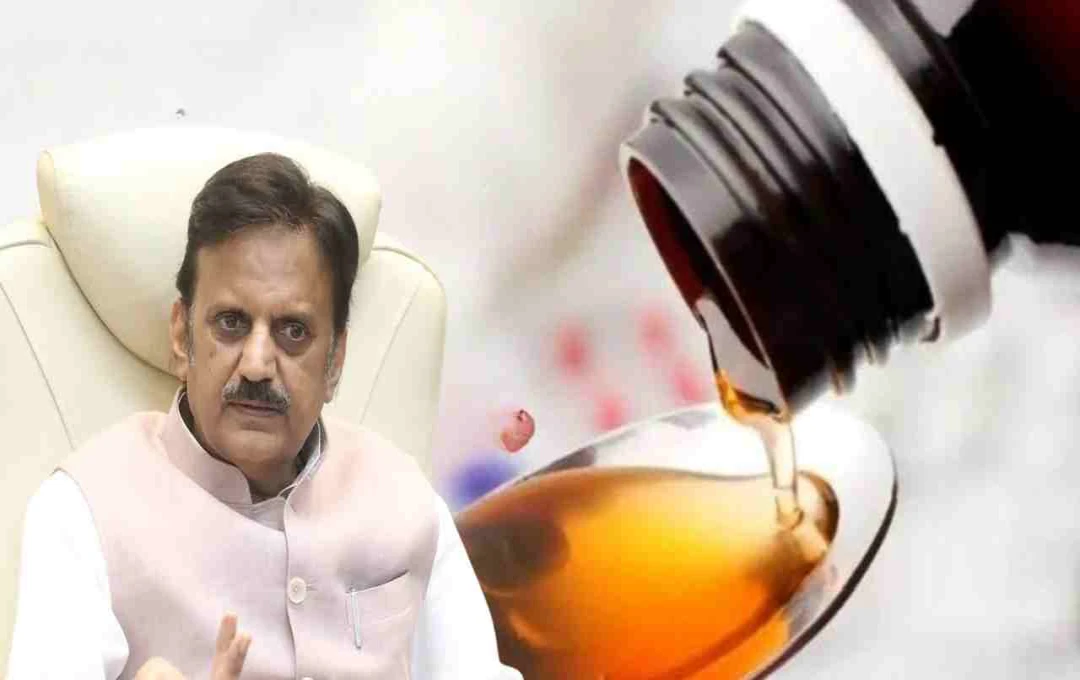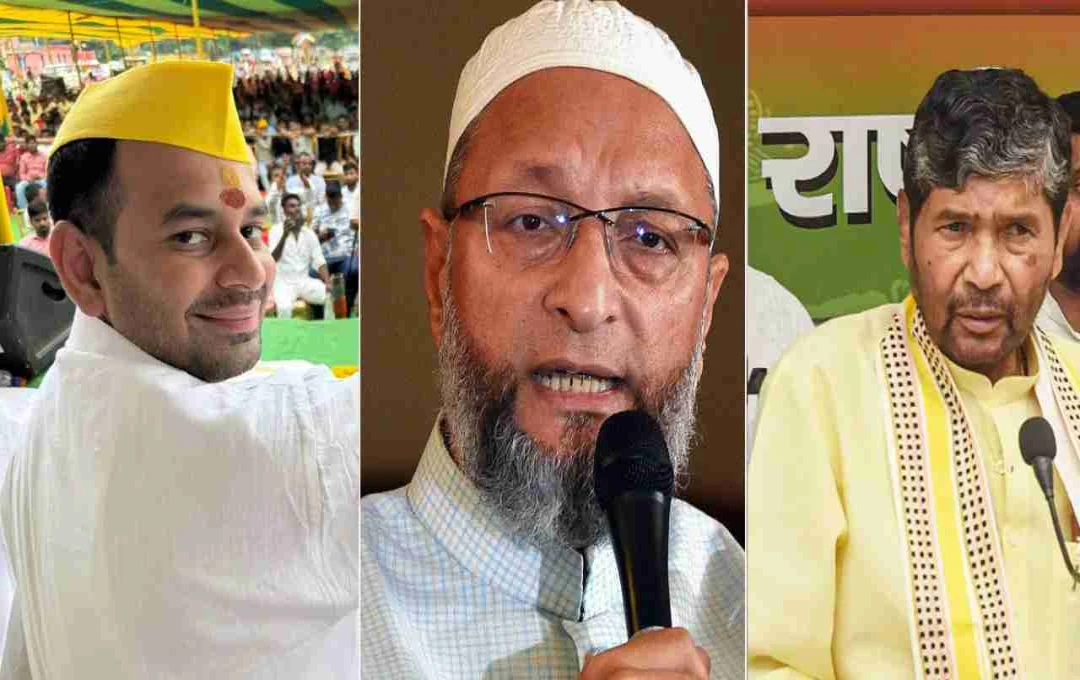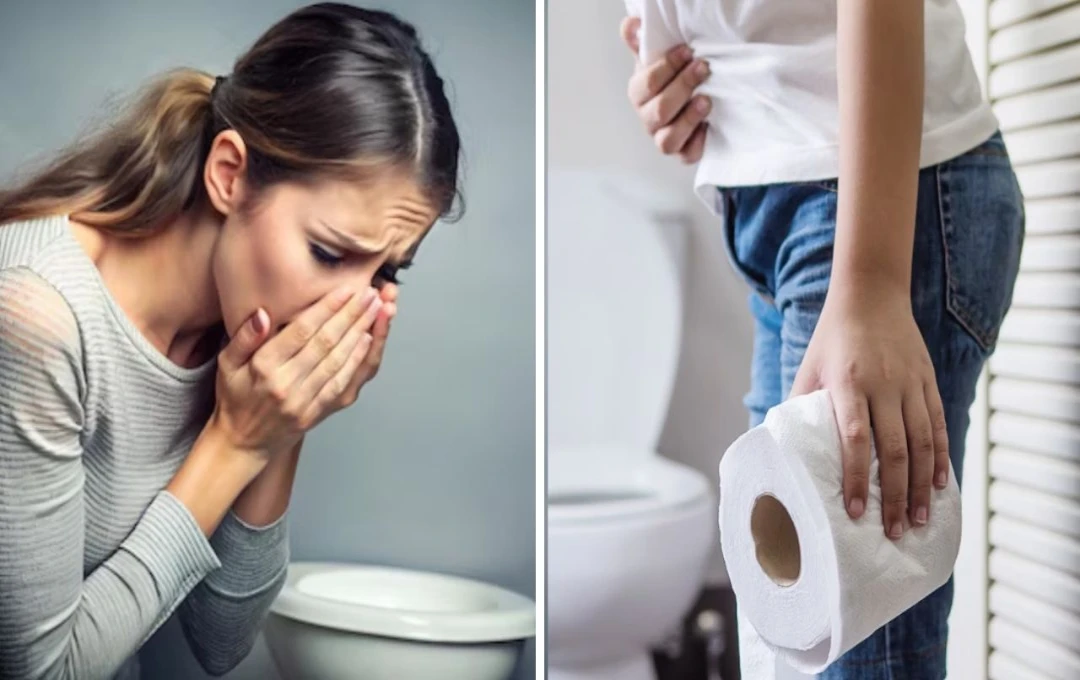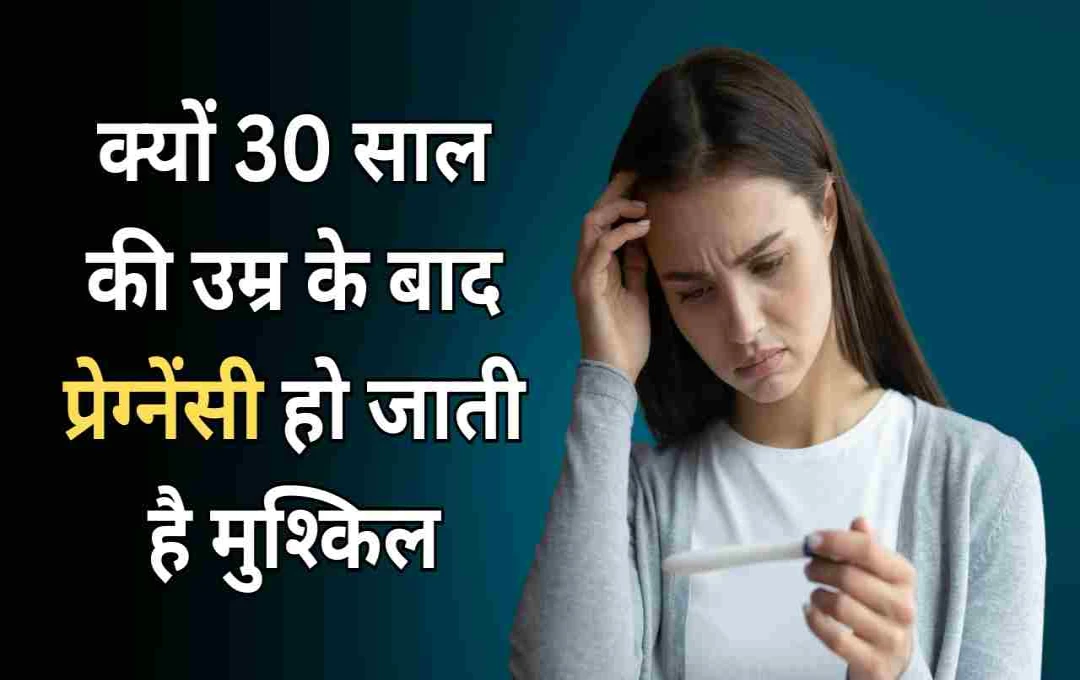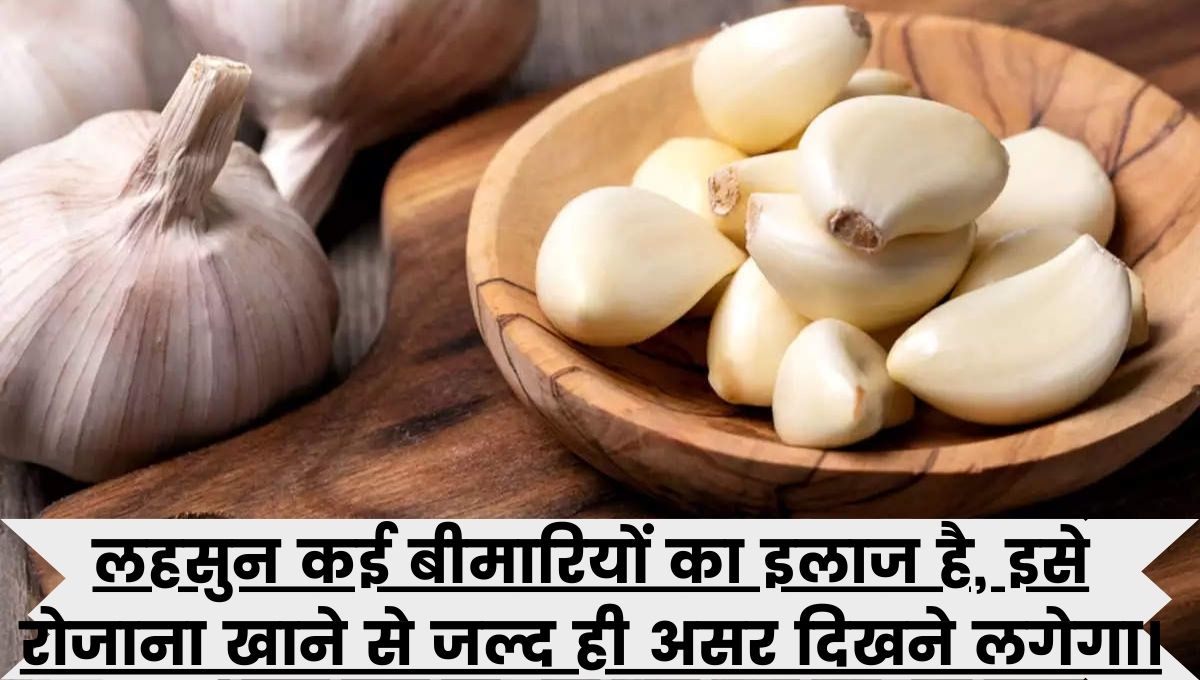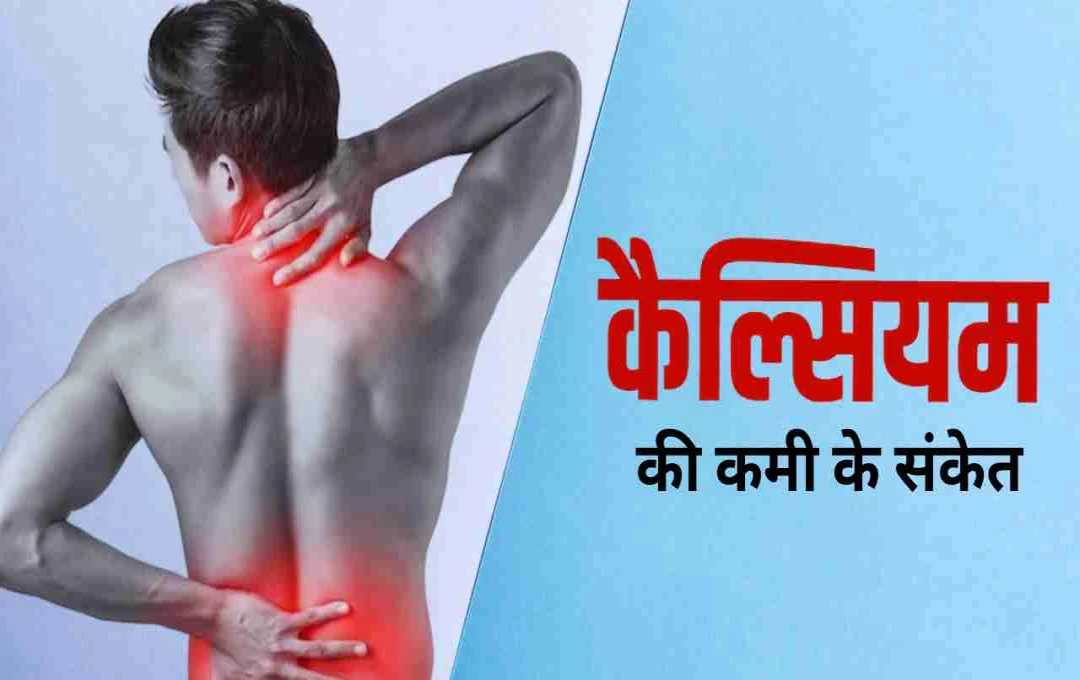Approximately 70% of patients suffering from autoimmune diseases in India are women, particularly those aged between 20 and 50 years. Hormonal changes, lifestyle, stress, and nutritional deficiencies make them more susceptible. Experts have emphasized early diagnosis and increased awareness.
New Delhi: The majority of patients affected by autoimmune diseases in India are women. Experts from AIIMS, Fortis, RML, and Sir Ganga Ram Hospitals stated that approximately 70% of patients with these diseases are women, most of whom are between 20 and 50 years of age. Hormonal changes, stress, obesity, and nutritional deficiencies increase their risk. Experts have warned that early symptoms in women are often overlooked, leading to the disease becoming severe. They emphasized the need for early diagnosis, increased awareness, and a greater number of trained rheumatologists.
AIIMS Report: Women More Affected
According to Dr. Uma Kumar, Head of the Rheumatology Department at AIIMS New Delhi, almost seven out of ten patients with autoimmune diseases at the AIIMS clinic are women. Women often ignore early symptoms, causing the disease to become severe. Hormonal changes, reproductive age, physical changes after childbirth, stress, obesity, and nutritional deficiencies collectively make women more susceptible to autoimmune diseases.
According to experts, women aged 20 to 50 years are most affected by these diseases. This age group experiences higher hormonal activity and lifestyle changes, which increases the likelihood of disease development.
Rising Incidences in Women Aged 30 to 40
Dr. Bimlesh Dhar Pandey, Director of Rheumatology at Fortis Hospital, stated that every week, several women visit his clinic who have been suffering from unexplained joint pain or swelling for years. In most cases, these women are between 30 and 40 years of age. By the time these patients reach him, the disease has already caused damage to their joints and other organs.
Dr. Pandey explained that early warning signs such as fatigue, joint stiffness, or swelling in women are often overlooked. Women dismiss these as part of aging, stress, or general issues, which allows the disease to become more severe.
Statistics at RML and Sir Ganga Ram Hospitals
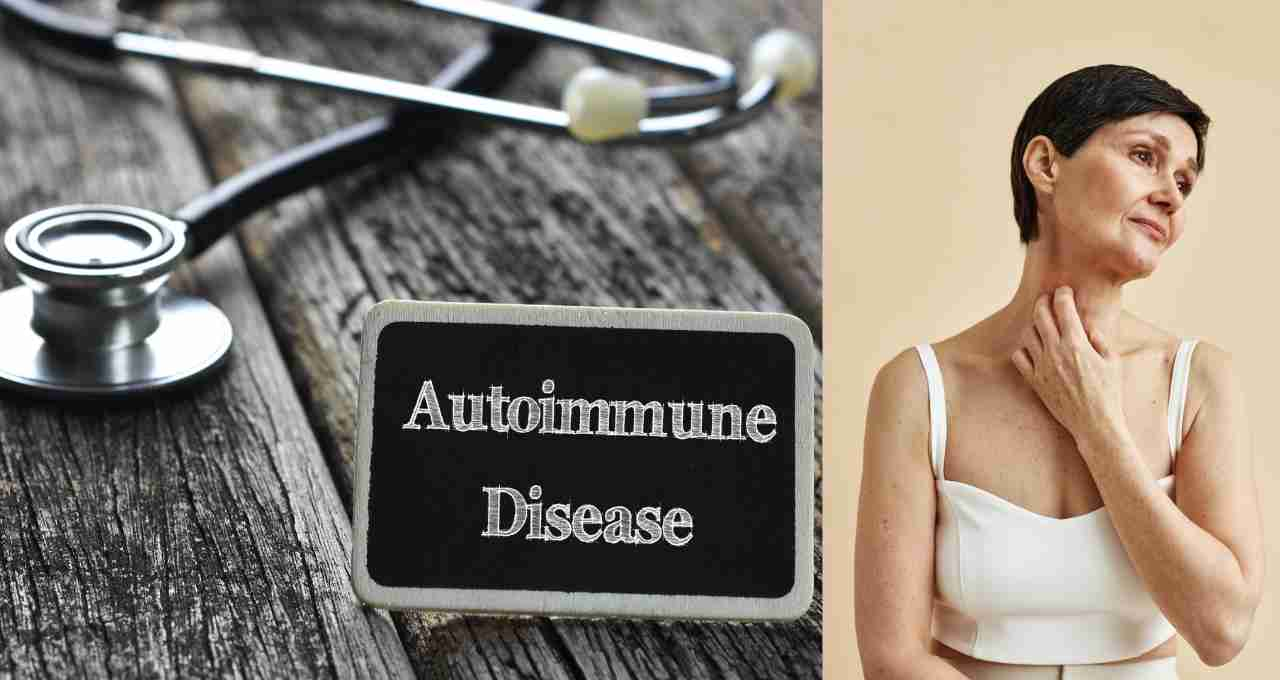
Dr. Neeraj Jain, Vice-Chairman of Rheumatology at Sir Ganga Ram Hospital, stated that there is a clear majority of women among autoimmune patients. According to Stanford studies, biological factors indicate a higher risk of this disease in women, but social and environmental factors also play a significant role in India.
Dr. Pulin Gupta, Rheumatologist and Professor at Ram Manohar Lohia Hospital, states that approximately 70 percent of autoimmune patients identified at his clinic are women. Many patients have been undergoing incorrect or inadequate treatment for years before reaching a specialist.
Experts Highlight the Problem of Doctor Shortage
The number of trained rheumatologists in India is extremely low. For a population of over one billion, there are fewer than 1,000 specialists available in the country. Experts believe that primary care physicians should be trained to identify early symptoms of autoimmune diseases and refer patients to appropriate specialists.
Furthermore, autoimmune diseases should be included under women's health initiatives in public health programs. This should be treated with the same special attention given to reproductive health and cancer screenings.
Reasons for Higher Susceptibility in Women
Several factors contribute to the higher prevalence of autoimmune diseases in women, including hormonal changes, lifestyle, nutrition, and stress. Hormonal imbalances during reproductive age, as well as bodily changes during and after pregnancy, make women more susceptible to these diseases.
According to doctors, a lack of awareness and the neglect of early symptoms are major contributing factors to the increased severity of the disease in women.




